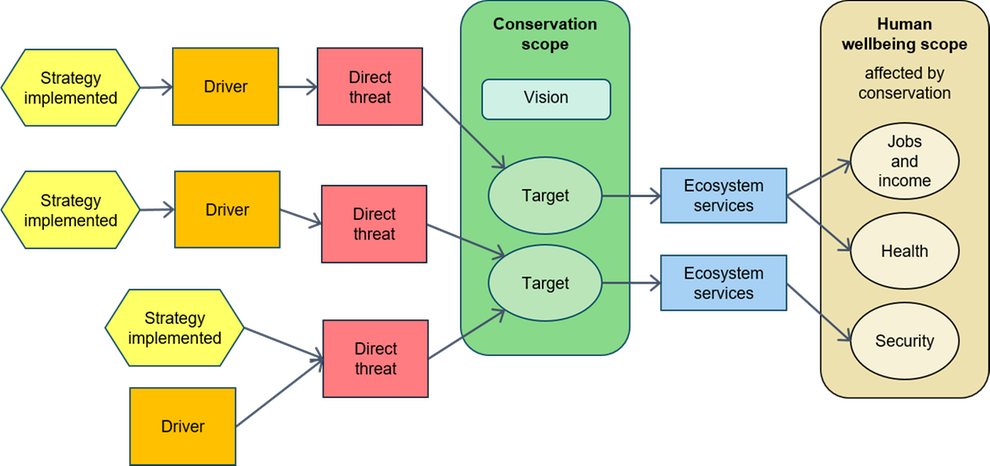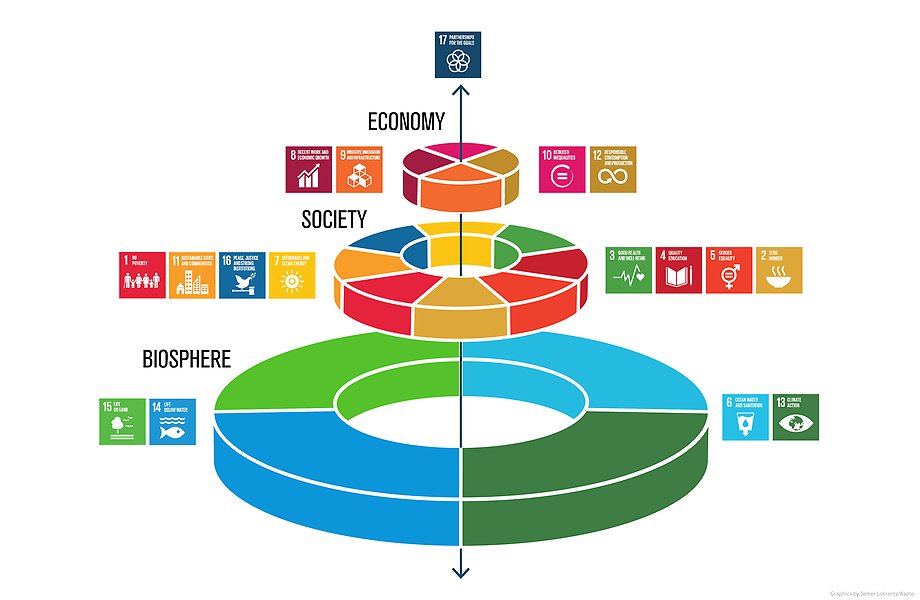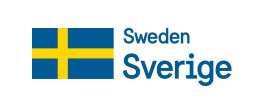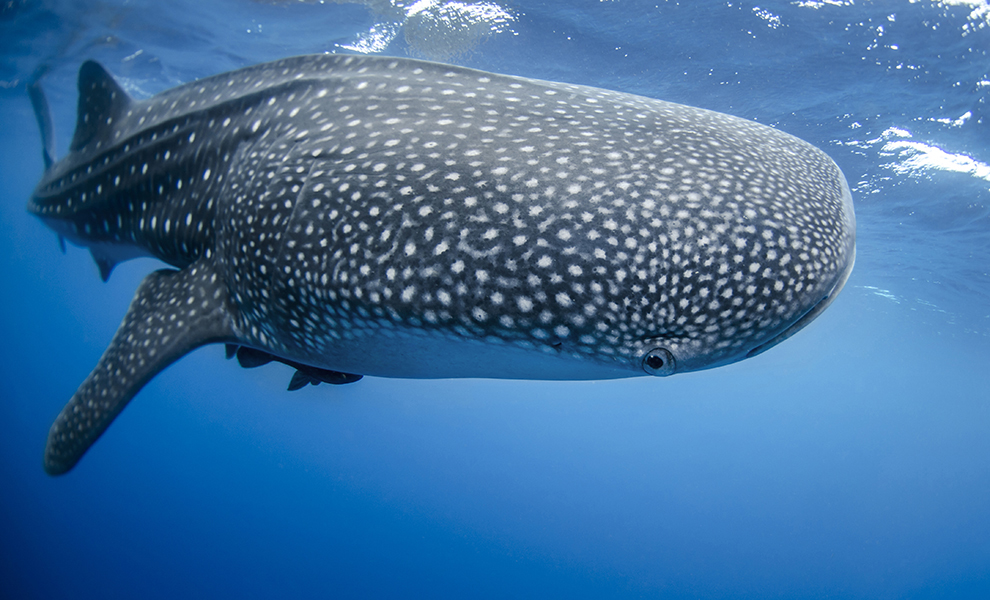Protection for strong ecosystems
Humans need nature to survive. Strong, resilient ecosystems is a must for social and economic development. We work to increase the economic benefits from the sustainable use of marine resources. Protection is one part of this.
Training in practical methods for managing marine protected areas
We offer a digital live training program in practical methods for managing marine protected areas, MPAs.
You will get:
- concrete tools to make your work structured, transparent and participatory
- a systematic understanding of marine protected area management
- a list of most important actions to get results
Get support and follow-up afterwards
The training is combined with follow-up and support afterwards. Together we will analyse the needs of your specific area, and the support will be tailor-made to fit your work.
For East Africa and Western Indian Ocean
We are open to teams in East Africa and Western Indian Ocean. Our objective is to create four to five teams of trained managers at a national level in selected marine areas.
UNEP and Nairobi convention
We have started to cooperate with UNEP and the Nairobi convention secretariat regarding establishment and management of marine protected areas in the Western Indian Ocean.
In cooperation with WIOMSA
The training program is done in close cooperation with WIOMSA, the Western Indian Ocean Marine Science Association, and our consultant.
WIOMSA is a regional, non-profit, non-governmental organization, membership organization. WIOMSA is dedicated to promoting the educational, scientific and technological development of marine sciences throughout the region consisting of 10 countries Somalia, Kenya, Tanzania, Mozambique, South Africa, Comoros, Madagascar, Seychelles, Mauritius, Réunion (France), with a view toward sustaining the use and protection of its marine resources.
We are working with WIOMSA’s network of MPA practitioners in the region, WIOMPAN.
Using a results-based and visual method
The training and support will entail the Conservation Standards, the visual and practical method used world-wide for results based adaptive management of MPAs and LMMAs.
 Zoom image
Zoom imageThe method Conservation Standards is a widely adopted set of principles and practices. With it, you can show drivers, threats, ecosystems and human well-being, to be able to address and manage them.
Reasons for conservation
Humans need nature to survive. Strong, resilient ecosystems is a must for social and economic development.
Nature provides vital basic services to support human survival, such as food, air and drinking water. Evidence also points to benefits of nature to people’s health and mental wellbeing.
- Over 3 billion people depend on marine and coastal biodiversity for their livelihoods.
- Globally, the market value of marine and coastal resources and industries is estimated at $3 trillion per year or about 5 per cent of global GDP.
- Marine fisheries directly or indirectly employ over 200 million people.
Source: UN Oceans
Together we can work to increase the sustainable and equal use of marine resources. Protection is one crucial part of this.
 Zoom image
Zoom imageStrong, resilient ecosystems is a must for social and economic development.
About us
We are SwAM, the Swedish Agency for Marine and Water Management.
SwAM is a government agency. We work on behalf of the Swedish parliament and government. We work for flourishing seas, lakes and streams for the benefit and enjoyment of all.
We have developed a framework for adaptive management of marine protected areas in Sweden launched 2021. The experience, tools and insights from the development and implementation of this national framework, is integrated in the capacity building that we offer to the WIO region.

This work is part of our development cooperation programme SwAM Ocean

Humans need nature to survive. Photo: Sam Farkas, NOAA OAR 2014 Photo Contest



